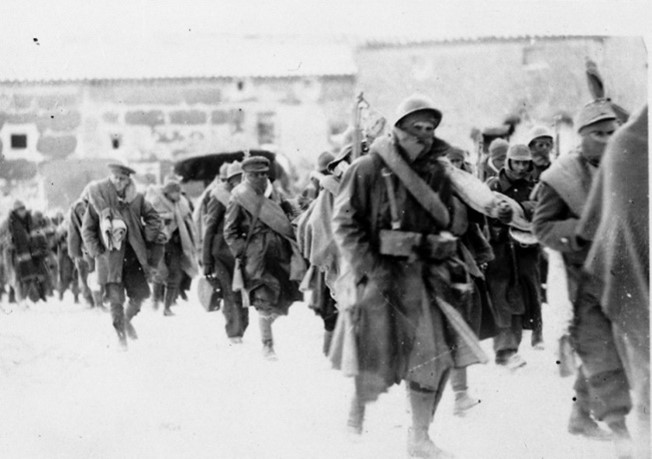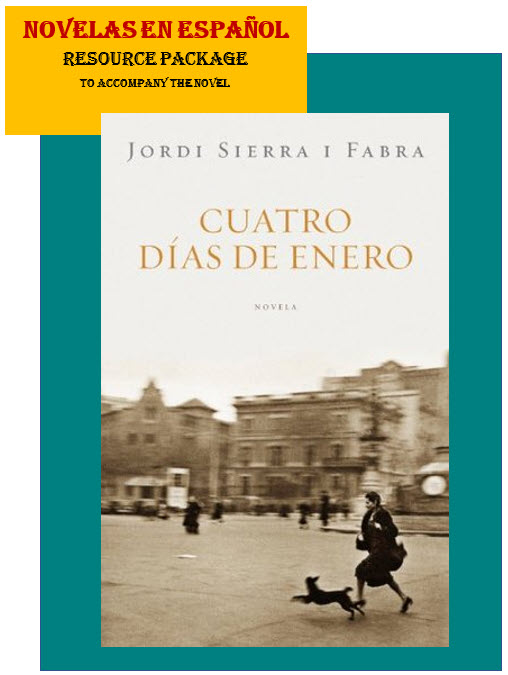
What is it like living through a devastating civil war, and worse, being on the losing side? I am as close as can be, short of experiencing the real thing which I hope to heaven none of us ever will.
I sit at my computer in front of a picture window with a view of gardens, tree-covered hills, and smiling walkers and joggers on a peaceful street. But my brain is in Spain: January 1939, bitter cold, food is scarce, and one of my beloved cities, Barcelona, is about to fall to fascist forces at the end of the war. I experience this so intensely during these daily hours of reading, researching, and writing to create the resource package for NOVELAS EN ESPAÑOL, that when I close my laptop at 7:45 pm, the story lives on in me.
And the questions haunt my dinnertime and my dreams:
Will Inspector Mascarell stay on the case with the city in chaos and no one left at the police station but him?
Can he endure the tragedies of his wife’s mortal illness, the loss of their son, and the imminent end of Spanish democracy?
Will his brother and the flood of fleeing refugees make it over the Pyrenees to reach the French border?
Was the prostitute’s death suicide or murder, and will he find her missing daughter?
And ultimately, what will the fascists do to him under the brutal dictatorship of Francisco Franco?
Though I am neither a fan of murder mysteries nor of war stories, this novel is superb: the writing, the imagery, the dialogue, and the unfolding of plot against a documented historical background. Here are words from the author, Jordi Sierra i Fabra: “My commitment has been based on recounting what I have seen and fighting for what I believe in. And in the case of the reader, as opposed to TV violence which happens and passes into history without going beyond its role as a news item, a novel will have a hundred, a thousand times greater impact, because the novel contains the whole story . . . In my opinion literature must be a mirror in which we can portray both ourselves and the reality of our lives. It must make us happy, but it must help us too.”
The next morning, I return to developing the resource package for Cuatro días de enero (Four Days of January) by Jordi Sierra i Fabra: clarifying vocabulary, describing culture, outlining history and politics, and providing pictures, maps, and songs. (Yes, people sang about war. They always do.)
It’s page 119 and Inspector Mascarell is on ever more dangerous ground as he doggedly follows each lead, drawing him deeper into a sinister web of fascist privilege and lawlessness.
Although feeling apprehensive and all too aware of how history turned out, I’m breathlessly happy to be back on the case with Mascarell. But I never really left.


Intriguing! I like the suspense angle. I bet it is a good read.